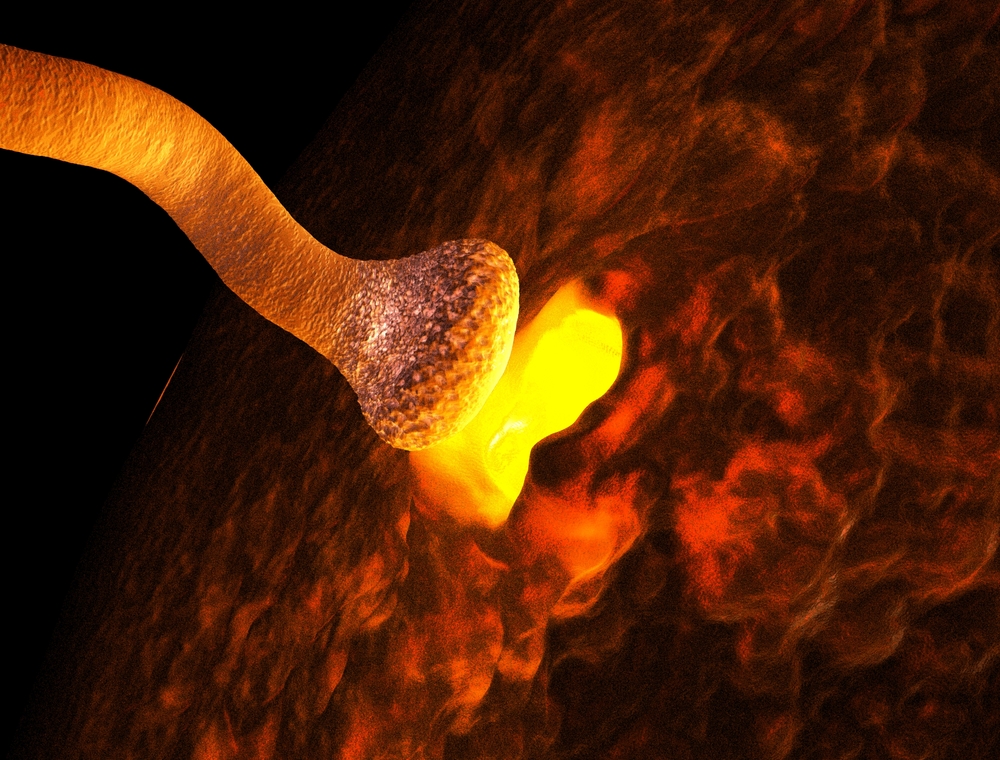Scientists Identify Proteins That Could Be Targeted to Delay ALS Progression
Written by |

Muscle fibers secrete and concentrate a protein called fibroblast growth factor binding protein 1 (FGFBP1) at the neuromuscular junctions, the area of contact between motor neurons and muscle fibers, according to a study published in the Journal of Neuroscience.
The study showed that this protein decreases during aging and in mice with amyotrophic lateral sclerosis (ALS).
This happens through the increased accumulation of another protein called transforming growth factor-beta (TGF-beta) in the skeletal muscles and at the neuromuscular junctions.
According to the authors of the study, titled “Muscle fibers secrete FGFBP1 to slow degeneration of neuromuscular synapses during aging and progression of ALS,” these findings suggest that targeting FGFBP1 and TGF-beta could help slow age- and ALS-related neuromuscular junction degeneration.
“Our findings suggest that targeting these molecules may allow these important synapses to stay in place, and slow the progression of ALS,” Gregorio Valdez of Virginia Tech Carilion Research Institute, the senior author of the study, said in a press release.
Using a mouse model of ALS, the team examined the effect of a lack of FGFBP1 has on the neuromuscular junction. They found that in the absence of FGFBP1, the neuromuscular junction exhibited structural abnormalities.
The degeneration and death of the neuromuscular junction was also accelerated in ALS mice lacking FGFBP1.
“TGF-beta is upregulated in ALS and in turn blocks expression of FGFBP1, which is released by muscle fibers to preserve the integrity of the neuromuscular junction. The body is trying to help itself by generating more TGF-beta,” Valdez said. “Unfortunately, TGF-beta accumulates at the synapse where it blocks expression of FGFBP1, accelerating degeneration of the neuromuscular junction.”
This study demonstrates for the first time that FGFBP1 plays a critical role at the neuromuscular junctions during development, aging, and ALS.
According to The ALS Association, about 6,000 people a year are diagnosed with ALS in the U.S. Being able to slow the progression of the condition could have invaluable consequences for patients and their families.





